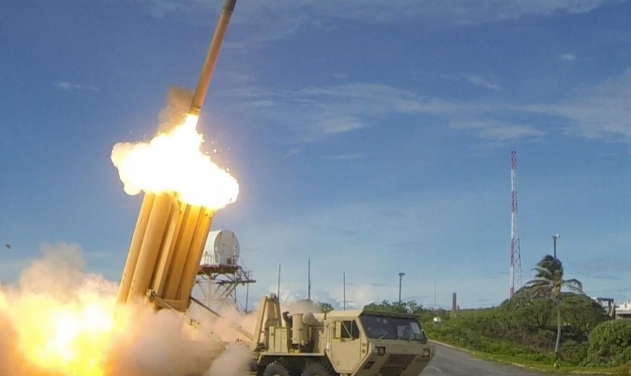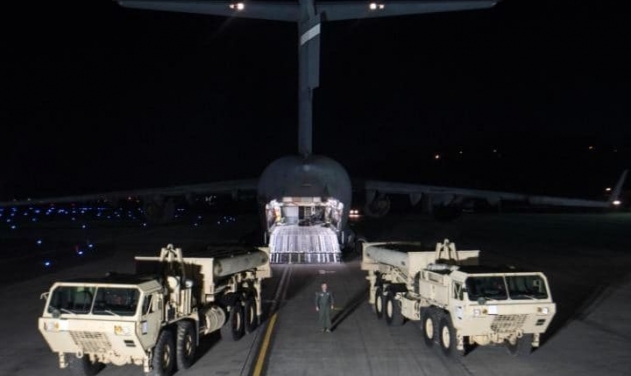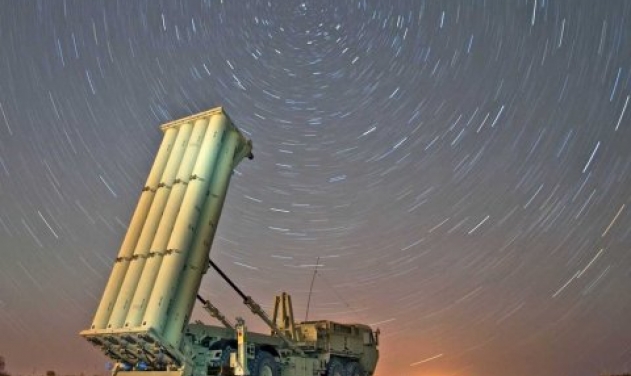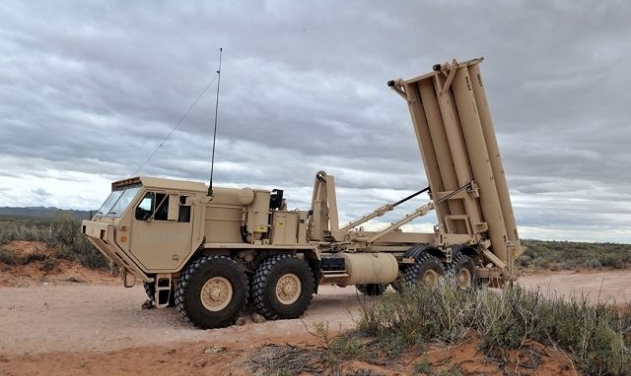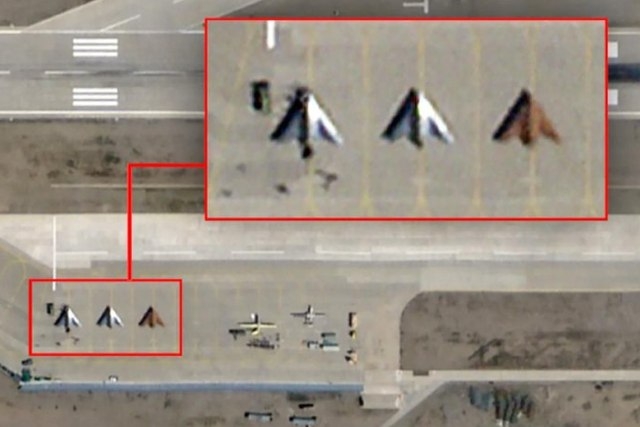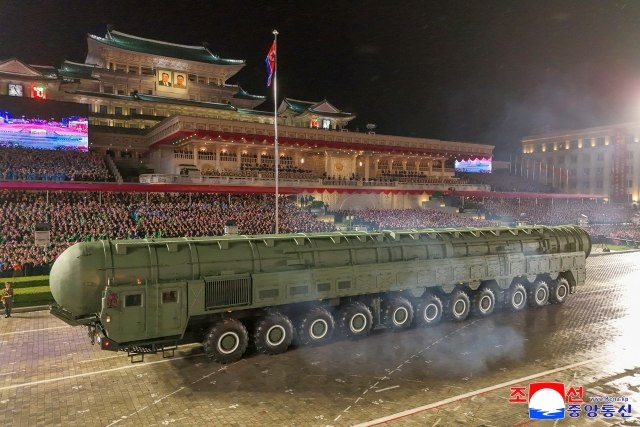South Korea Refuses To Renegotiate Costs Involved In Thaad Missile Deployment
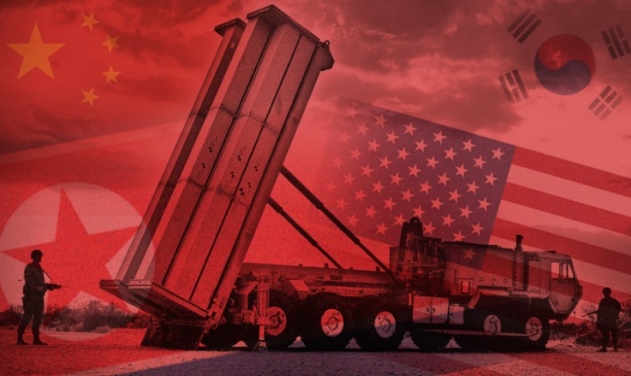
South Korea has refused renegotiation possibilites to share estimated US$1 billion expenses spent by US for deploying Thaad missile defense system on land of the East Asian country.
"I don't think it's an issue for renegotiation," Moon Sang-gyun, a spokesman for the Ministry of National Defense, was quoted as saying by Yonhap News Agency today.
It has become highly discussed topic since US President Donald Trump said in an interview last week that he is seeking Seoul to pay for it, estimated at US$1 billion.
The U.S. Forces Korea (USFK) has installed major components of the new weapon at a former golf course in Seongju, North Gyeongsang Province, under a controversial 2016 agreement with South Korea.
The positioning of THAAD on the peninsula is a must to help thwart North Korea's nuclear and missile ambitions, USFK said.
Even though South Korea agreed to provide land for the site and the US said it would be in charge of funding the installation and maintenance.
The deal was reached in accordance with the bilateral Status of Forces Agreement that requires USFK to pay for the operation of its own weapons in the country, according to Moon. The document of last year's accord is classified, he added.
The ministry's firm stance on the THAAD cost issue came after US National Security Adviser Gen. H. R. McMaster told Fox News that his government respects the deal in place but only until before "any renegotiation."
The Trump, a former tycoon, is seeking to "have appropriate burden sharing, responsibility sharing" with South Korea and other American allies, McMaster added.
The ministry official made it clear that it would be impossible to revise the contract without revising the SOFA on the legal rights and other details of American troops here and their presence.
Concern has grown, however, among Koreans that the THAAD deployment will eventually raise their financial burden. The allies plan to start separate negotiations next year on sharing the financial burden for stationing the USFK.
The current five-year contract, which calls for Seoul to pay 920 billion won ($809 million) each year, is to expire in 2018.
With regard to South Korea's financial support, Moon said, the government will negotiate with the US for an appropriate amount through a comprehensive review of various elements including security situations, the USFK's contribution, Seoul's financial ability and the stable conditions for the presence of U.S. service members.
